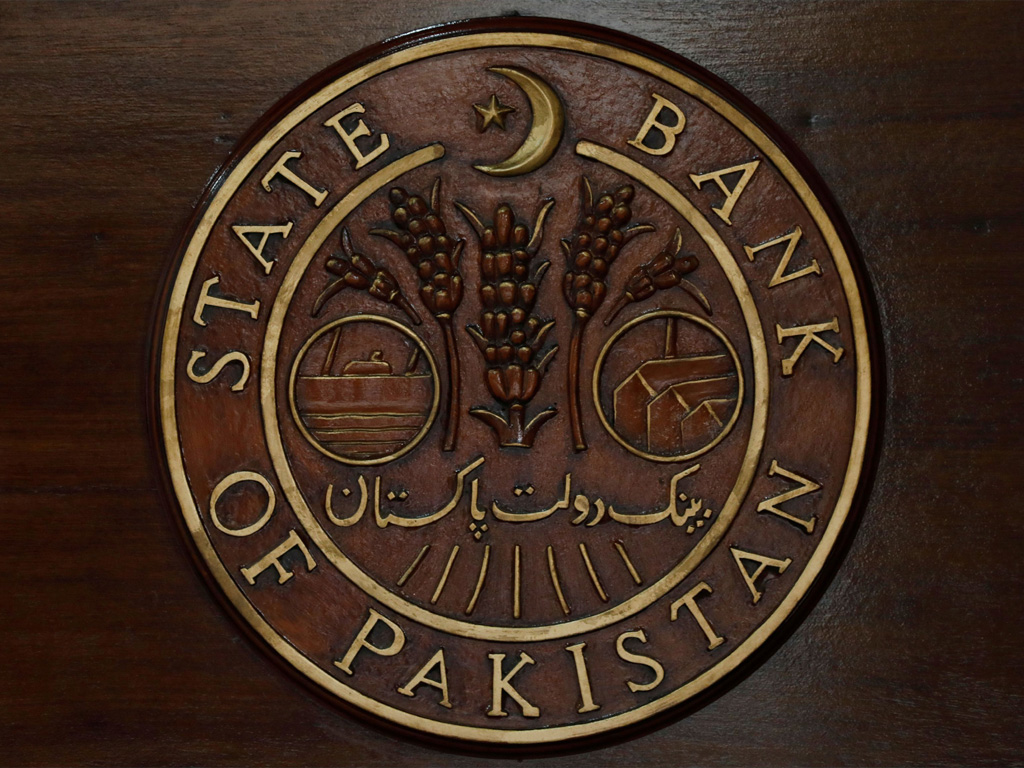Public debt escalation

State Bank of Pakistan's (SBP's) recently released statistics on public debt are disturbing as they show a significant escalation at odds with the repeated pledge made by Prime Minister Imran Khan when in opposition that if he is swept to power his administration would reduce public debt. The government inherited a debt of 24.2 trillion rupees which has since risen by 9.2 trillion rupees to reach 33.4 trillion rupees in February 2020 - a raise of 38 percent. In February 2019, debt was 27.5 trillion rupees and when compared with the debt in February 2020 it rose by nearly 22 percent or in other words, even by its own standards the government debt, minus liabilities, has risen at an alarming rate.
Part of the rise is attributable to a steady rupee erosion on adoption of a market-based exchange rate that compressed imports dramatically but raised exports only marginally in dollar terms; remittances are also receding post-coronavirus as developed and oil exporting countries are scaling back overseas workers and hot money, as expected, is speedily exiting the country post-coronavirus. In the Economic Survey 2018-19, total domestic debt as of June 2018 (provisional), is 14.849 trillion rupees while by February 2020 the figure cited by SBP is 22.1 trillion rupees. Total external debt as per the Economic Survey is 70 billion dollars while by February 2020 the figure was over 106 billion dollars. In other words, Pakistan is grappling with dollar shortages and as a consequence suffering from severe foreign exchange reserve crisis with available resources less than the minimum requirement of three months of imports.
Significantly, the guaranteed debt and liabilities as per the SBP report were 1174 billion rupees in December 2019 (more updated figure is inexplicably unavailable on the website) with total government debt and liabilities of 40,994 billion rupees which is 2.86 percent of total debt - higher than what was agreed with the International Monetary Fund (IMF) and which was the main reason behind the delay in issuance of sukuk of 200 billion rupees earlier this year. In this context, it is relevant to note that the IMF allowed Pakistan to enhance sovereign guarantee ceiling by 366 billion rupees (till September 2020) to 1922 billion rupees till September 2020 (from 1556 billion rupees in September 2019) to finance a number of China Pakistan Economic Corridor (CPEC) energy projects and to take account of the rising circular debt. The government has approved 700 billion rupees of Ijaarah Sukuk against Jinnah International Airport for a period of three years in support of the announced 1.2 trillion rupees coronavirus relief package which claims to disburse over 850 billion rupees to the poor and the vulnerable. This would raise the total allowed to 1874 billion rupees straining the capacity to give more guarantees to loans required to implement the 1.2 trillion rupee coronavirus package.
The coronavirus compelled the IMF to withdraw adherence to the agreed Extended Fund Facility (EFF) time bound targets and structural benchmarks, programme conditions, with the Resident Representative in Pakistan Teresa Daban Sanchez stating in an exclusive talk with Business Recorder that "our advice is that whatever policy action the government implements has to be targeted, temporary and focused on providing support to the most vulnerable segments of the population."
To conclude, one would urge the SBP to update its data as and when it is received and debt data can be updated with a maximum time lapse of a month. Additionally, Pakistan's debt profile is rising at an alarming rate and this was evident even during the pre-coronavirus period hence there is an urgent need to begin economies in areas not related or impacted by the virus. In short, the time for sacrifice and belt tightening is not past with the budget 2019-20 but needs to be even more proactively pursued today.
























Comments
Comments are closed.